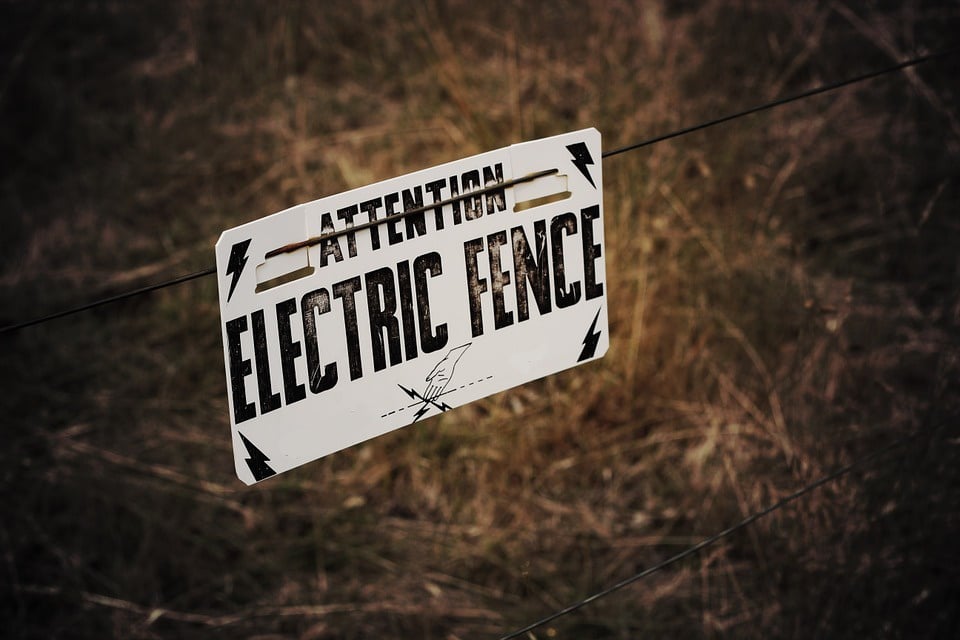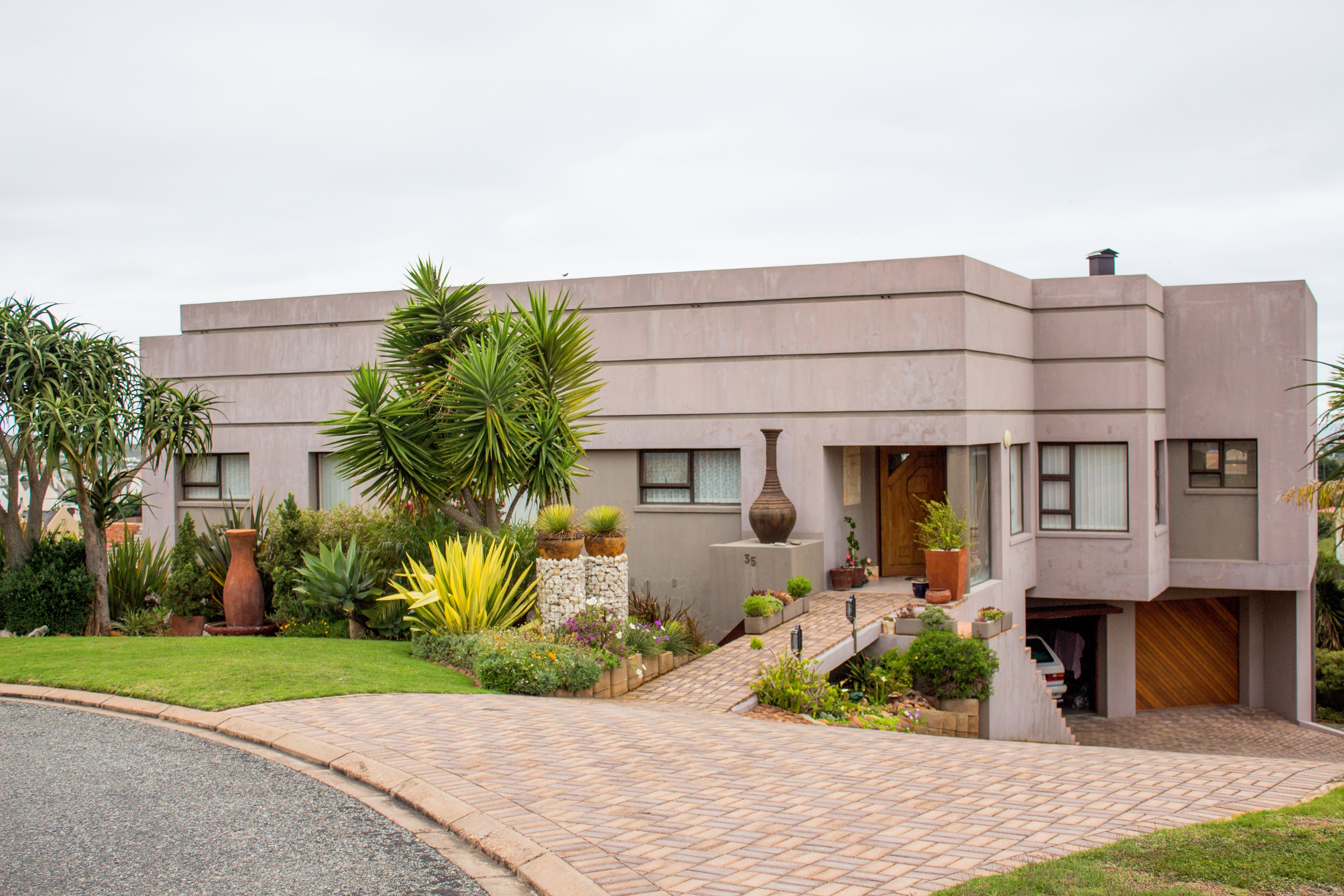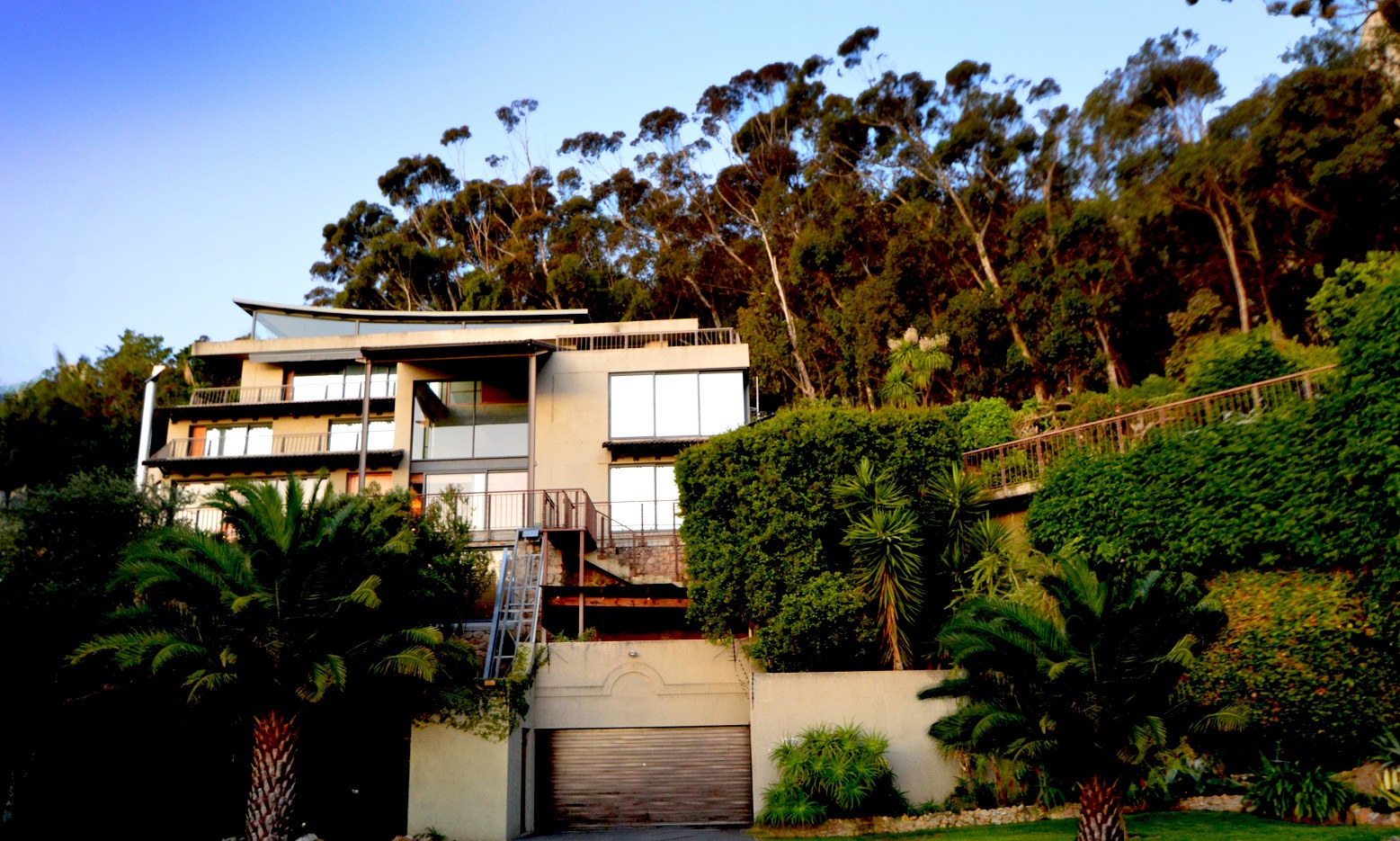With the matric exams just around the corner and thousands of learners hoping to start university or college next year, this is the time of year that many parents start thinking about where those students are going to live.
“It’s a well-known fact that our tertiary institutions do not have enough on-campus accommodation,” says Richard Gray, CEO of Harcourts Real Estate, “and that leaves many parents with the choice of whether to rent a place for their student to stay over the next three or four years, or whether to buy a suitable flat or house.”
The best way to approach this decision, he says, is to consider the possible purchase of a home for your student as you would any other investment and look at all the potential benefits and drawbacks – with the help of some expert advisors.
“You should start by researching property prices in areas close to campus and working out what the total monthly cost would be of a bond repayment, municipal rates, homeowner’s insurance premium, maintenance and levy on a property you might like to buy, then comparing this with the monthly rentals for similar units.
“At the same time you need to find out if you would qualify for a home loan to buy a student property, and it is worth enlisting the help of a reputable mortgage originator such as ooba to assess your options in this regard.
“Lenders often require bigger deposits for second or investment properties, and sometimes they will not approve loans in complexes where there is a high percentage of tenants relative to owners, which may well be the case close to campus.
“Alternatively you may want to consider a property where you can offset some of the cost by renting spare rooms to other students – although if you do so you will also need to take into account the risks associated with being a long-distance landlord and the costs of appointing a managing agent. You may also need to increase your personal liability and homeowners’ insurance cover if you go this route.”
Other factors to consider, Gray says, include the benefit of your student being able to live in their flat or house year-round, as opposed to the 10 months of the year for which most student accommodation is rented, and the fact that you may be able to derive some tax benefits from owning a second property.
“Then you also need to think about how long you intend to keep the property. If you plan to sell immediately after your student graduates, then you may not make much profit on the purchase, but the prospects of doing so will definitely improve if you have several children who plan to attend the same institution and you have a five to 10-year plan.
“Working with an experienced estate agent who knows the local market well will also really help you to make a smarter decision about where and what to buy for investment purposes. But clearly, this is not a decision to be taken lightly – especially if you are on a tight budget anyway when it comes to the overall cost of a university or college education.”



